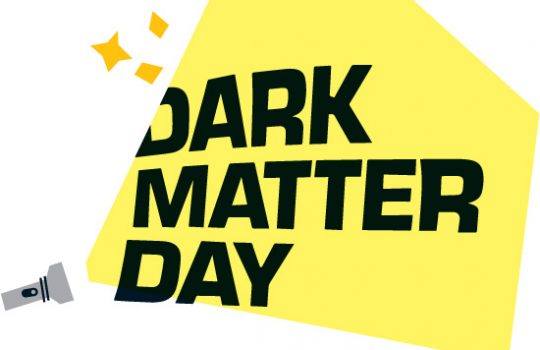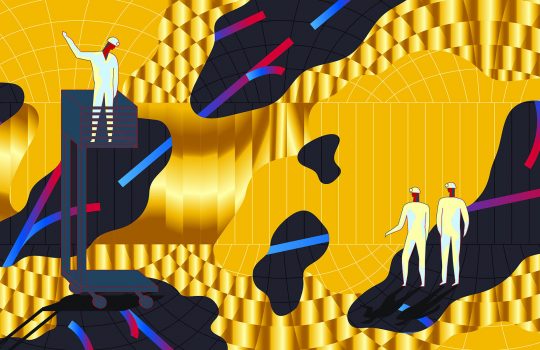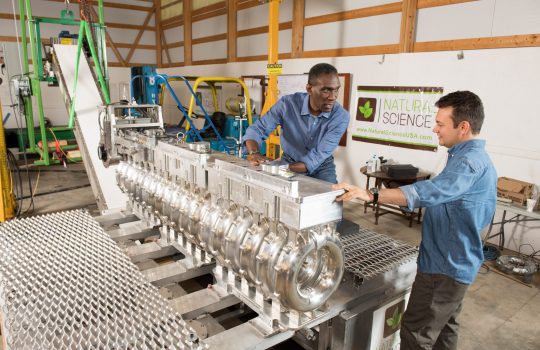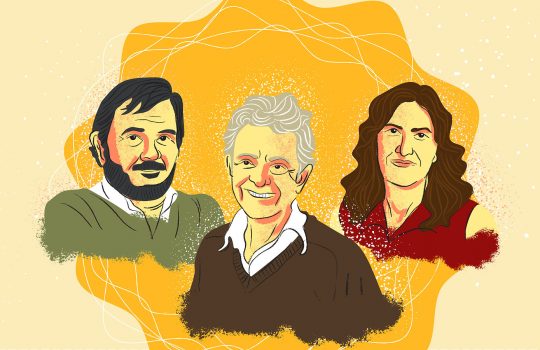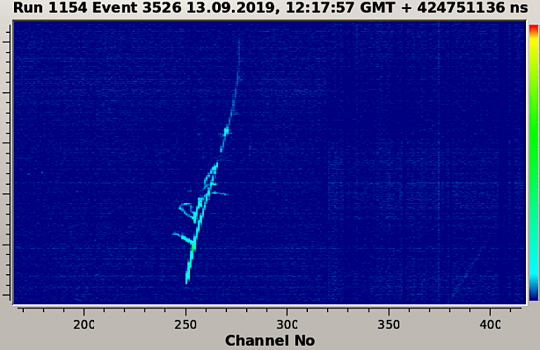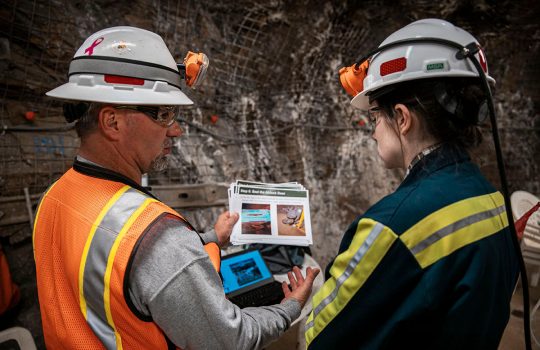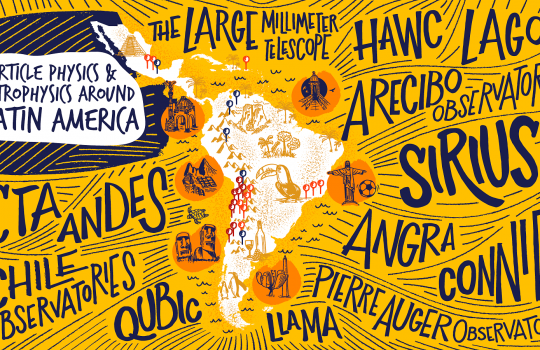Dark Matter Day is just around the corner
What keeps galaxies from flying apart? What is the invisible mass that bends light in space? For now, we’re calling it dark matter, and this Oct. 31, laboratories around the world are shining a light on the search for it. Dark Matter Day events include live webcasts with researchers, dark matter scavenger hunts and a Reddit AMA.

